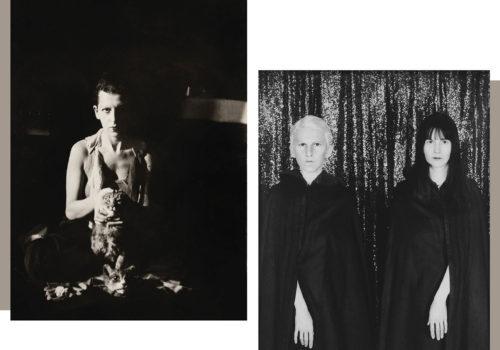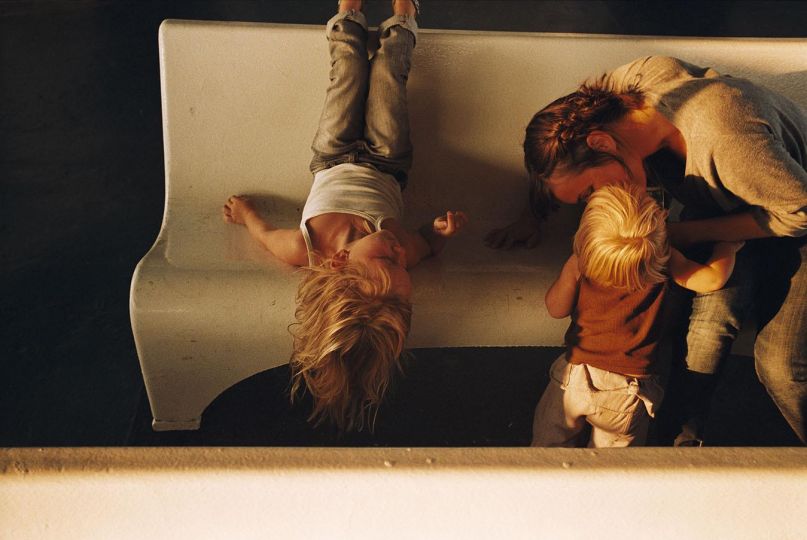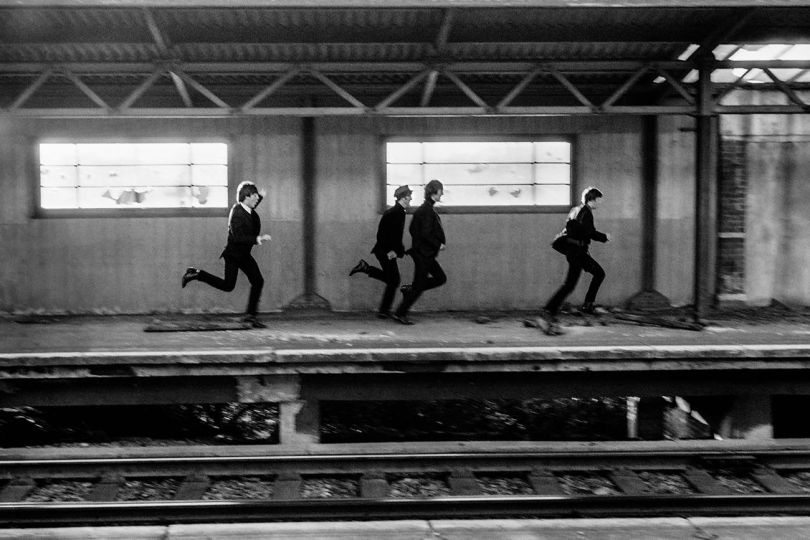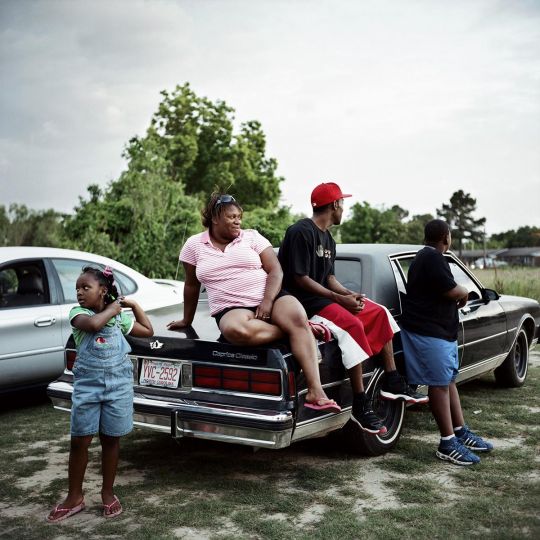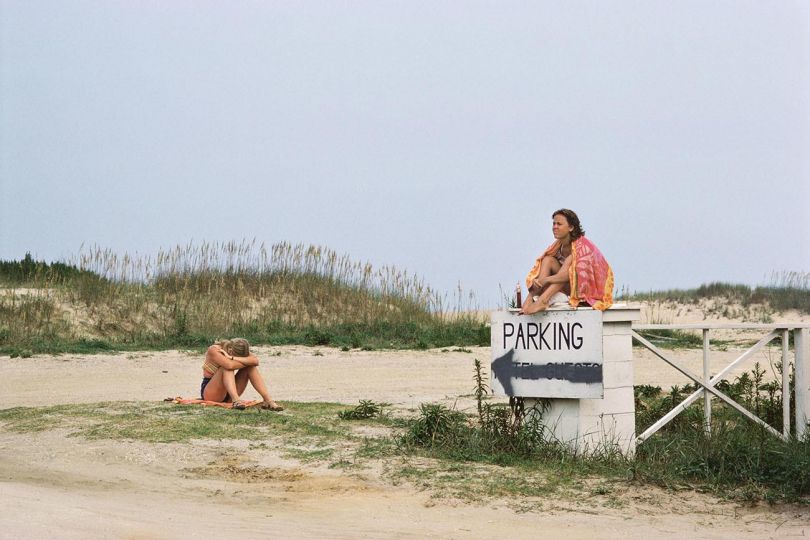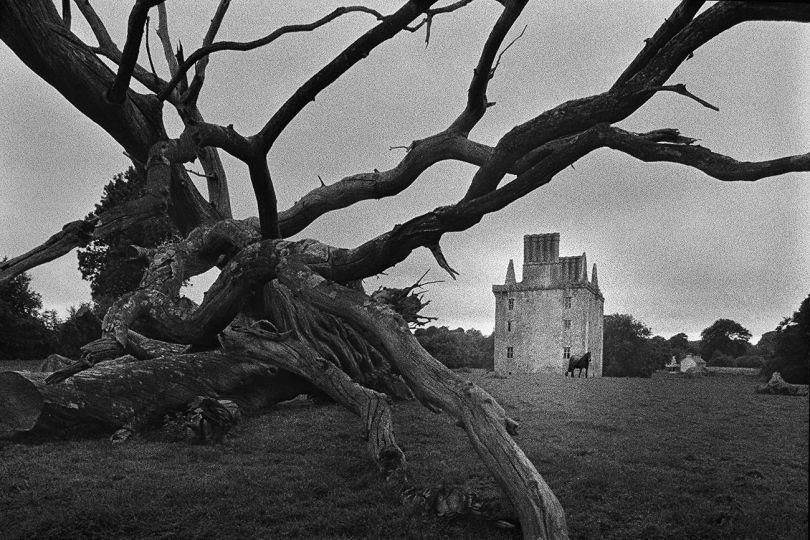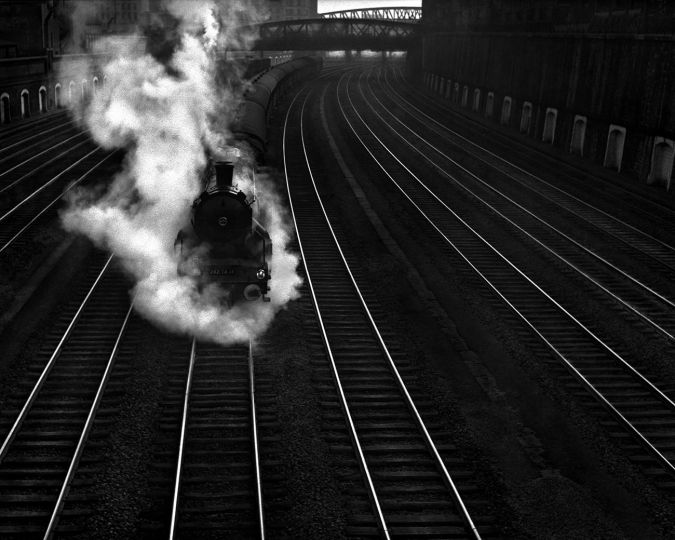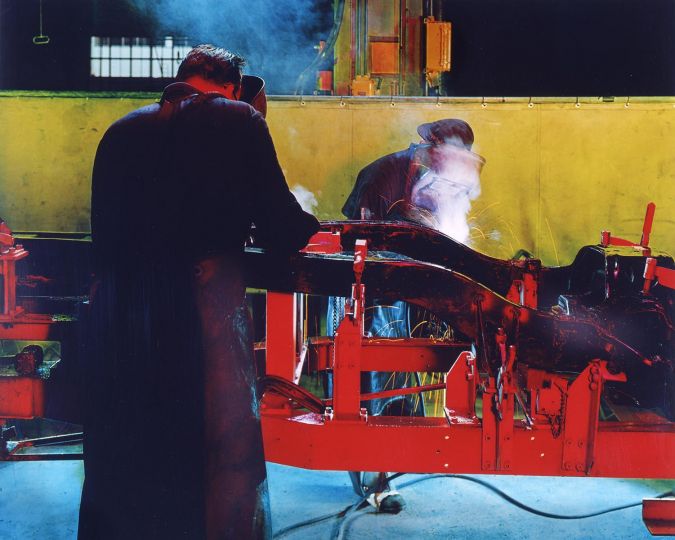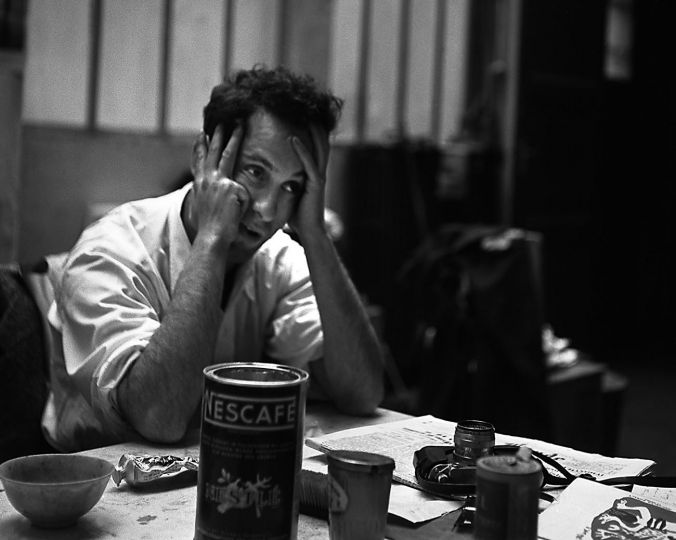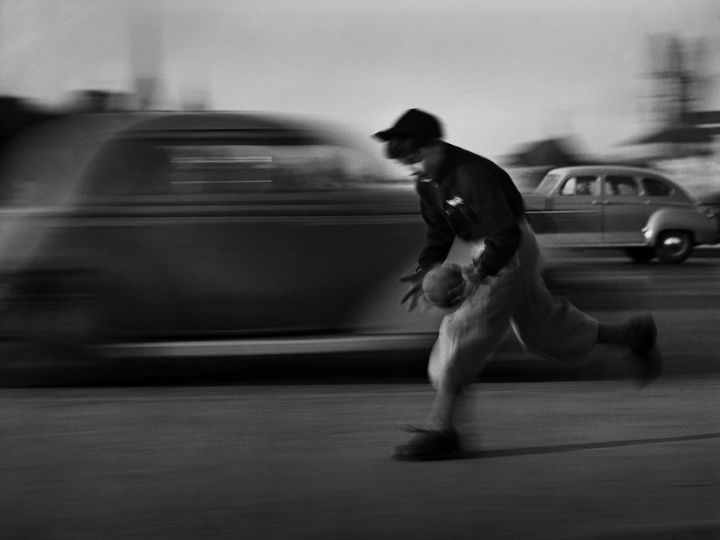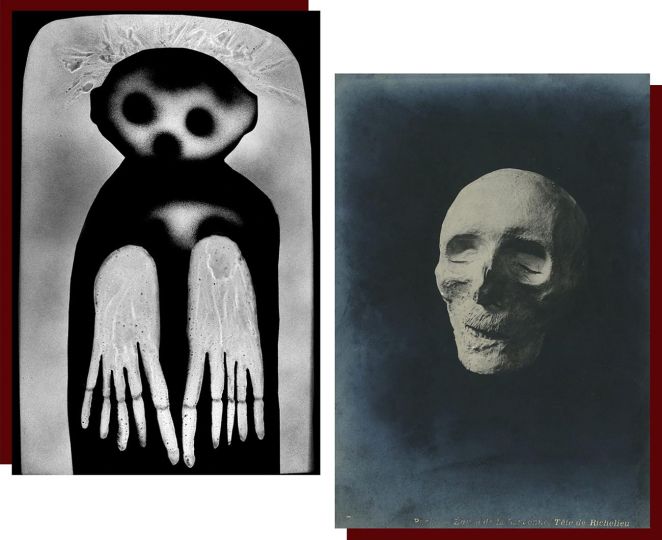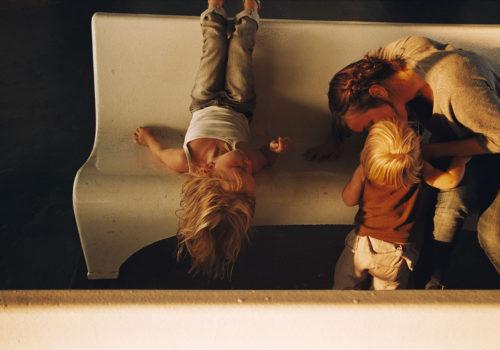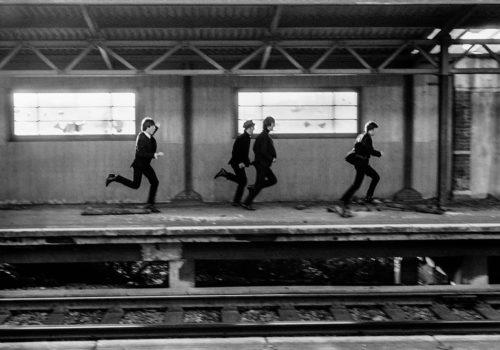This is the seventeenth dialogue in the Ettore Molinario Collection. A dialogue that brings together two of the artists I love most in my collection: Claude Cahun and Gillian Wearing. Two self-portraits, one that inaugurates the most original season of research on one’s own identity through photography, and the other that turns the same topic into the social and political «theme» of the new millennium. Almost a century separates these images, but everything speaks to the present.
Ettore Molinario
Even Claude Cahun’s cats are two, a double, a multiple of feline personalities. One is lying on the ground and his eye is in turn an animal replica, instinctive and mysterious, of the artist’s eye. The other is in the hands of his queen-mistress, who perhaps caresses him, perhaps holds him back or something more, because she gently seems to take his breath away. When Claude Cahun makes this self-portrait in 1927 she is thirty-three years old, she has already met and fallen in love with Suzanne Malherbe, aka Marcel Moore, a lifelong partner, and she has already changed her name three times, transforming her original and feminine Lucy Renée Mathilde Schowb into the masculine Daniel Douglas, who shortly after becomes Claude Courlis to arrive at the definitive and fluid, even at a family level, Claude Cahun. The metamorphosis of names tells of a new birth without natural father and mother or gender definition, where the name Claude is both male and female in the French language and Cahun is the surname of the maternal grandmother, also Mathilde.
The vertical of the three names, of the three sexual identities, including the neutral one, as well as the vertical of the three generations, ancestors, parents, children, therefore develops in parallel to the compositional vertical of the self-portrait, and both lines reveal that overlapping of masks, genres, codes of men and animals, memories, essentially appearances, which form our ego. And this richness of meaning must have been so original, so layered, because it was Claude Cahun who gave the self-portrait, now in the collection of Ettore Molinario, to Robert Desnos, who in turn had offered it to Youki Foujita, who was his muse and lover. An intimate gift, at every step.
François Leperlier, the greatest scholar of the artist, recalled that Claude Cahun’s search was for an «inner exoticism», an individual, intimate and narcissistic gaze on one’s own individuality. It was surrealism, it was anarchy, it was baroque exhibitionism, it was sublimation of the obscene, dandyism, it was the cult of the self professed by Max Stirner, an author much studied by Claude Cahun, but it was always, at any emotional temperature, a private dialogue. The artist wrote: «The happiest moment of my life? The dream, imagining being Other». To politics, history belonged different gestures, equally strong and concrete, such as the resistance against the Nazis that Lucy and Suzanne – in intimacy and among friends these were the names they used and not those of invention – had fought on the island of Jersey, where they had moved in 1937.
Eighty years later, in 2017, Gillian Wearing, star of the Young British Artists, winner of the Turner Prize in 1997, enters the current that feeds on the genius of Claude Cahun – such as Pierre Molinier, Gina Pane, Urs Lüthi, Cindy Sherman – and pushes homage to the extreme by becoming Claude Cahun herself. Side by side, the young artist and her male and female teacher, Gillian and her adoptive double reveal another game of masks, more contemporary, now external to the ego because it is a game of quotes. The vertical that crosses the unconscious of Claude Cahun becomes the horizontal of our history, the chronicle of the days, being «post» to something that has already happened. Again it is a discourse on identity, on masks, but it is above all on the masks that women have worn to play the roles most dear to the male imagination. And despite «embodying» Claude Cahun, Gillian is openly feminist, she talks about women and defends them. And maybe that’s why she prefers dogs to cats.
Ettore Molinario

